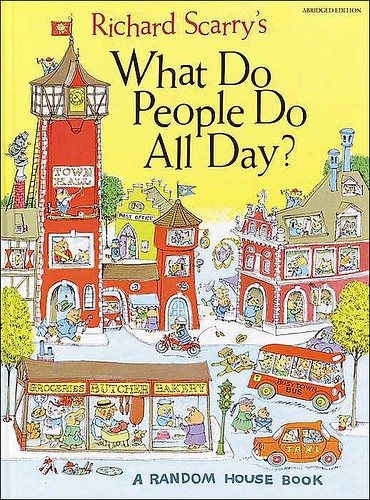The A-List
This was supposed to be an A-Z of people who inspire me.
Over the years, I’ve been incredibly lucky to meet and work with people who are doing interesting things and making a difference.
So I thought I’d start with ‘A’, move to ‘B’, and that this would be a relatively simple, easy post.
Except that I became slightly stuck on A.
Because I couldn’t decide who to pick.
So, as Julie Andrews once observed, the very beginning is a very good place to start.
And I’m afraid that that it is also where this post stops.
For now, at least, the first letter of the alphabet is all I’ve managed to share.
If this is useful, I’d love to share more.
For now, I hope that you’ll have time to check out the fantastic work of the following…
Adil Abrar with the Amazings. Classes, courses and wisdom from elders with amazing life experience.
Adam Gee and Embarrassing Bodies. Multiple award-winning commissioner who is always terrific conversation.
Andrew Ellis with Like Minds. Now hosting a series of breakfast events at the stunning-looking, and newly opened ME Hotel.
Andrew Scott, founder of Rummble interested in film, technology and politics. His next moves will be very interesting to watch.
Annabel Davidson Knight at the Calouste Gulbenkian Foundation, funding a range of projects, with a particular interest in inter-generational work.
Alice Fung, one of the brilliant team behind Hub Westminster who host excellent events. One of my favourite places in London to plot.
Anna Dingley, just back from several years in Tokyo and a must-know person when it comes to doing business with Japan.
Aléna Dundas, successfully exited Gymdeck and hosts TechBites dinners with Mike Butcher. Watching her next entrepreneurial moves with interest.
Adah Parris has put together mentoring programmes for the incredible School of Communication Arts 2.0 and Wayra London. Great fun.
Alex Butler, brilliant founder of KindredHQ, the community for independents and freelancers.
Alice Bentinck, COO of the brilliant Entrepreneur First programme which helps people to create technology start-ups.
Allie Carr, head of Client and Service at Coutts Private Bank, hosting some excellent events.
Alex Cheatle, founder and chairman of Ten (the concierge and support business) and The Key (service for school leaders).
Alex Dunsdon and Andrew Humphries of The (newly launched) Bakery, bringing tech companies, brands and ad agencies together.
Alberto Nardelli, founder of Tweetminster whose passions include technology, politics, Italy and good food.
Andy Gibson, founder of MindApples, promoting ‘Five-a-Day’ for the mind, for positive mental wellbeing.
Ali Goldsworthy, campaigner working across politics, blue chips and charities. Force of nature.
Alicia Navarro, awesome founder of Skimlinks, spending time between London and San Francisco.
Anthony Seldon, super-smart and inspiring Master of Wellington Colllege.
Adam Hildreth, fun-loving founder of Crisp Thinking, keeping young people safe online.
Adam King, founder of TrafficLight Solutions and co-founder of (excellent) tailors, King and Allen.
Andy Hobsbawm, founder Green Thing and of EVRYTHNG, connecting products to the web.
And by no means least…
Andy McLoughlin and Ali Mitchell, inspiring founders of Huddle, collaboration software, now based in San Francisco.
There you have it.
Over twenty people who I respect and admire, and who, if I’m lucky, I’ll be seeing again before too long.
Putting them all together in one room…
Now that really would be the start of something!




